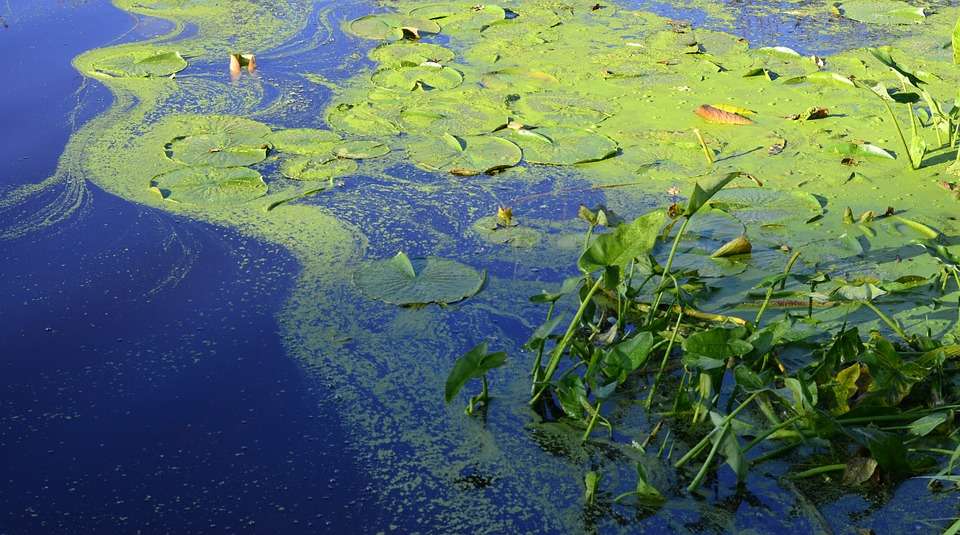
TOPEKA — Harvey County East Lake and Lake Afton remain under a warning regarding blue-green algae problems in KDHE's final official report of the 2024 season, released on Thursday. Eagle Lake in Bel Aire is still in a watch status.
The water recreation season in Kansas officially runs from April 1 to October 31, as do the harmful algae blooms (HAB) response program's active operations.
This year, the season ends with some water bodies still on active advisory. These advisories will be lifted in consultation with lake managers once blooms have dissipated. Risks due to HABs may continue beyond the water recreation season, particularly for hunting dogs. Kansans should remain vigilant year-round.
The Kansas Department of Health and Environment (KDHE) and the Kansas Department of Wildlife and Parks (KDWP) issue public health advisories for Kansas lakes due to blue-green algae throughout the spring and summer.
A harmful algal bloom (HAB) may look like foam, scum or paint floating on the water and be colored blue, bright green, brown or red.
A Warning status indicates that conditions are unsafe for human and pet exposure. Contact with the waterbody should be avoided.
When a warning is issued, KDHE recommends the following precautions be taken:
Signage should be posted at all public access locations.
Lake water is not safe to drink for pets or livestock.
Lake water, regardless of blue-green algae status, should never be consumed by humans.
Water contact should be avoided.
Fish may be eaten if they are rinsed with clean water and only the fillet portion is consumed, while all other parts are discarded.
Do not allow pets to eat dried algae.
If lake water contacts skin, wash with clean water as soon as possible.
Avoid areas of visible algae accumulation.
Blooms can develop rapidly; if the water appears suspicious or there is decaying algae on the shore, avoid contact and keep dogs away. These toxins can be absorbed by ingestion, inhalation of aerosols and even skin contact.
Symptoms vary depending upon the type of exposure (e.g. direct contact, ingestion, inhalation) but can include rash, vomiting, diarrhea, fever, sore throat, and headache. If you, or your dog, come into contact with algae rinse the area with clean, fresh water.
Suspected HAB-related health incidents, whether human or animal, regardless of season, should be reported to KDHE.





